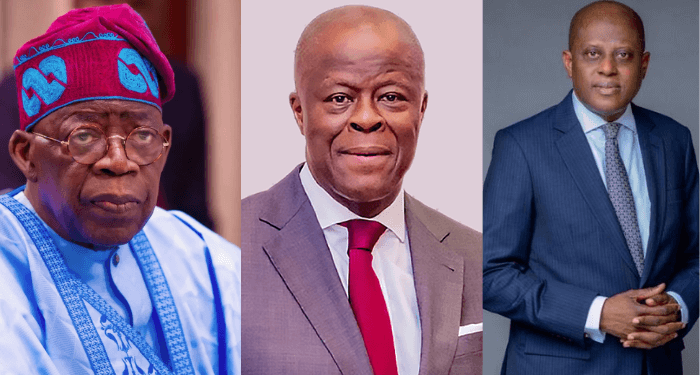Despite claims of viability by almost all the states of the federation and even with some craving for ‘big’ projects, latest reports of the nation’s statistics agency, National Bureau of Statistics (NBS) have revealed the contrary, as 32 of the 37 sub-nationals, including Abuja did not attract a single investment (Capital Importation) for the first nine months of the outgoing year, 2024.
Specifically, the troubling report, which is against 27 states for the whole of 2023, showed that Nigeria attracted $1.2 billion in the third quarter of 2024 compared to $2.6 billion and $3.3 billion in the second and first quarters of the year respectively.
Indeed the, total capital importation in the first 9 months of the year stands at $7.1 billion compared to $3.9 billion in the whole of 2023.
However, the significant year-on-year rise, particularly amid growing poverty, according to some analysts, reveals the unevenness in the distribution pattern as well as lack of packaging and creativity in the management of the abundant human and material resources in the states.
The NBS data shows that only Lagos, Ekiti, Enugu, Kaduna and the Federal Capital Territory (FCT) recorded capital importation so far this year.
Lagos State attracted the highest chunk of $4.6 billion followed by the FCT which recorded $2.39 billion imported in the first 9 months of 2024.
Ekiti state attracted $120k so far with $100k coming in the third quarter of the year and $10k each in the first and second quarter respectively.
Enugu State and Kaduna State only attracted capital inflows in the third quarter of the year with $180k and $1.95 million respectively.
Other states like Abia, Akwa Ibom, Anambra, Niger, Ogun, Ondo and Rivers which attracted inflows in 2023 are yet to attract inflows this year.
But, the analysts were quick to point out that the dominance of Lagos and the FCT, was as a result of their positions as commercial and political centres of the country, particularly their vintage positions for infrastructure, regulatory environment and economic activities.
They also agree the development underscores the alleged marginalisation by other regions, while the absence of inflows in the states with abundant natural and human resources points to deeper challenges, including insecurity, lack of investor confidence, and poor governance.
ALSO READ:FG Has Nothing To Show Despite Over 60 Taxes, Levies Collected Across Nigeria- PCFPTR Chairman
The analysts wonder how oil-producing states such as Bayelsa and Rivers, for instance, failed to attract capital inflows, despite their contributions to the nation’s economy.
Part of the report read: “In Q3 2024, total capital importation into Nigeria stood at US$1,252.66 million, higher than US$654.65 million recorded in Q3 2023, indicating an increase of 91.35%. In comparison to the preceding quarter, capital importation declined by 51.90% from US$2,604.50 million in Q2 2024.”
In fact, Portfolio investment dominated the inflows in the quarter under review contributing $899.31 million (71.79%) of the total capital.
Other investments followed with $249.53 million, representing 19.92%, while Foreign Direct Investment (FDI), a critical indicator of long-term investor confidence, accounted for just $103.82 million, or 8.29%, marking a relative underperformance.
Sectorally, the banking recorded the highest inflow, attracting $579.48 million, or 46.26% of the total capital importation, underscoring the relevance of the sector in foreign investment attractions
The financing sector came second, receiving $294.55 million (23.51%), while the production/manufacturing sector secured $189.22 million (15.11%).
These figures point to a mixed level of interest across different sectors, with a significant share of investment still directed towards financial and lending activities.
The United Kingdom accounted for $502.60 million (40.12%) of the total capital inflows, followed by South Africa, with $185.03 million (14.77%) and the United States, contributing $163.86 million (13.08%).
Lagos remains top destination
Lagos continued to dominate as the primary destination for capital inflows, receiving $650.41 million, or 51.92% of the total capital imported in Q3 2024.
On an institutional level, Standard Chartered Bank Nigeria Limited received the largest share of capital inflows, with $385.62 million (30.78%), followed closely by Stanbic IBTC Bank Plc, which attracted $382.08 million (30.50%), and Citibank Nigeria Limited, which brought in $192.88 million (15.40%).
The analysts say the analysis of the foreign investment inflows showed that some of the states need to buckle up in the areas of corporate governance, Internally Generated Revenue (IGR) as well as transparency in their operations.
They further argue that the local lenders need to do more to remain competitive and relevant, while upholding international best practices.













